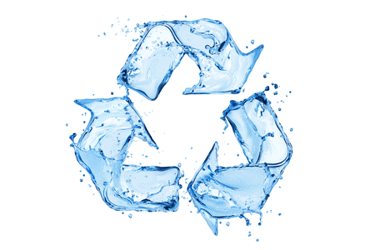De-Risking Chemical Contamination In Non-Potable Reuse Water Applications
By Uwe Hübner, Achim Ried, and Andrew Dugan

European countries are facing increasing water scarcity, prompting a closer look at wastewater reuse for agricultural irrigation. While conventional wastewater treatment processes effectively remove pathogens, they often struggle with pharmaceuticals and industrial chemicals, creating a hesitation around water reuse. To address this, a pilot study in Germany investigated the removal of trace organic chemicals from treated wastewater to develop a framework for chemical risk assessments. The study tested two treatment trains and found that an advanced multi-barrier approach—featuring filtration, ozonation, biological activated carbon, and UV disinfection—achieved over 99% removal of 17 target chemicals, leading to minimal crop uptake and soil contamination. The findings from this research helped create a chemical risk framework that can guide water reclamation facilities and bridge the gap in EU reuse regulations, providing a pathway for wider adoption of water reuse.
Get unlimited access to:
Enter your credentials below to log in. Not yet a member of Water Online? Subscribe today.
